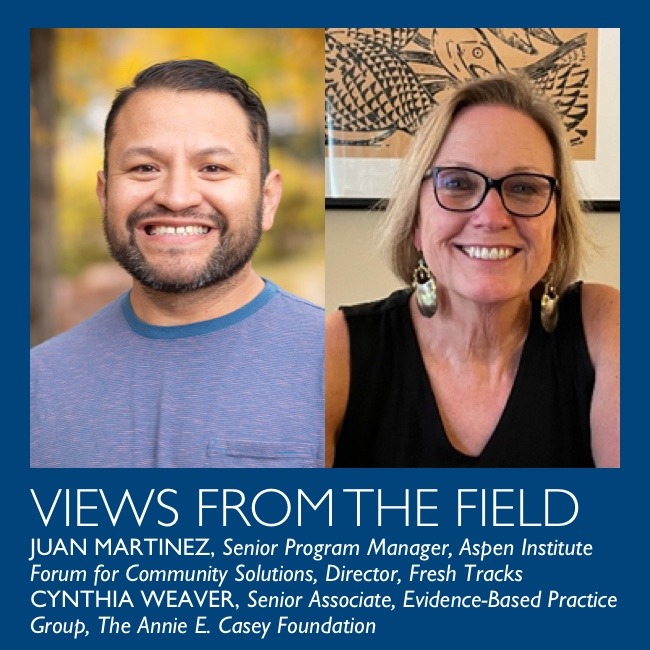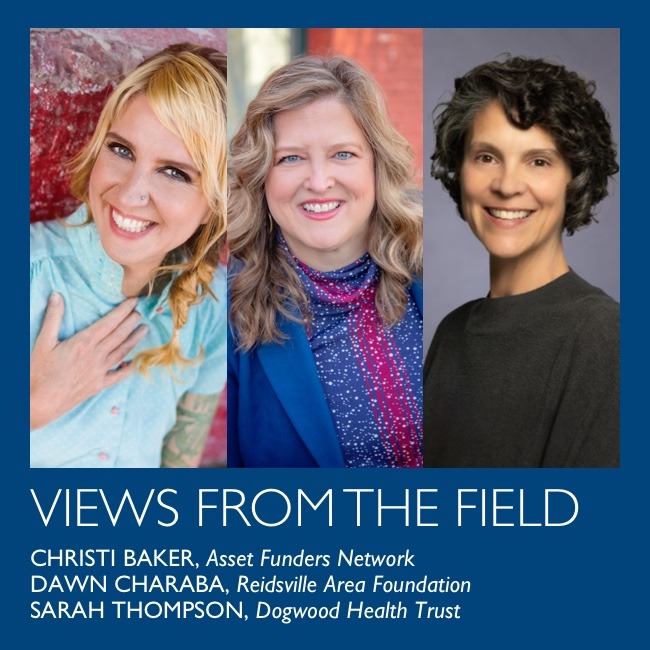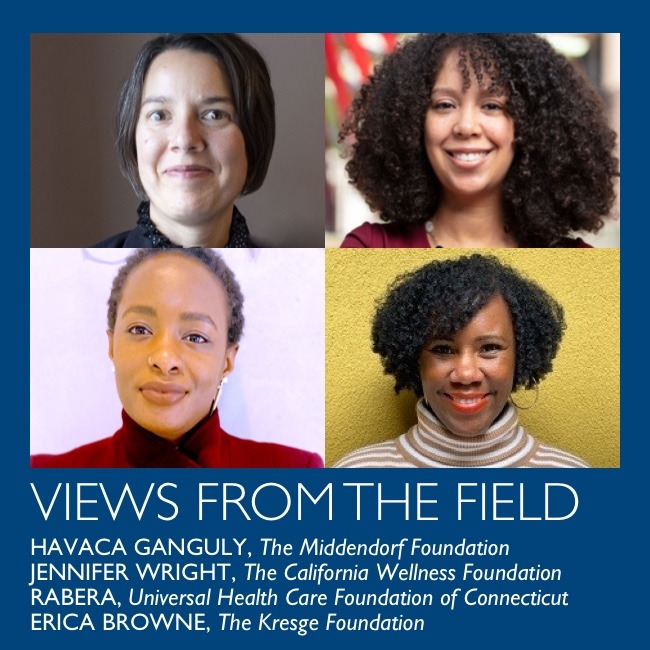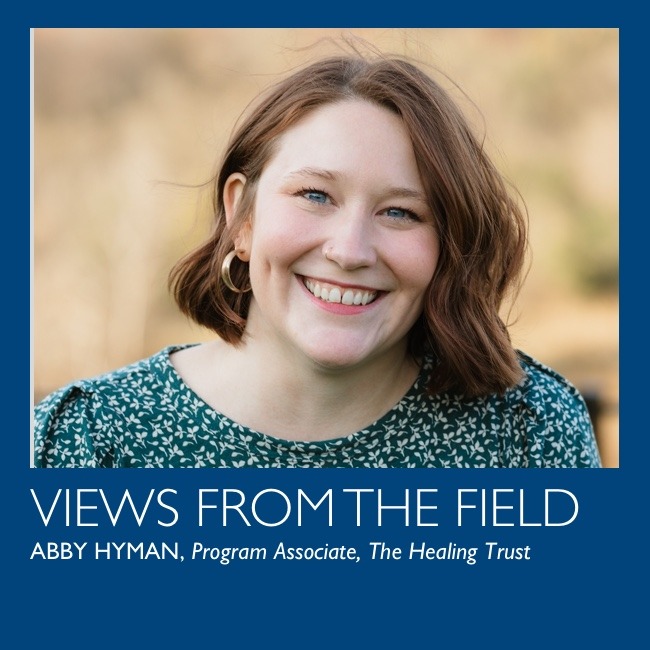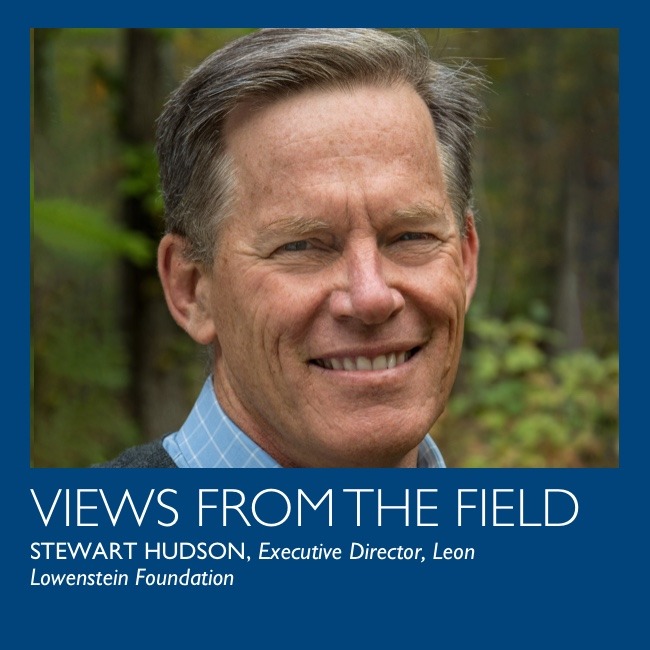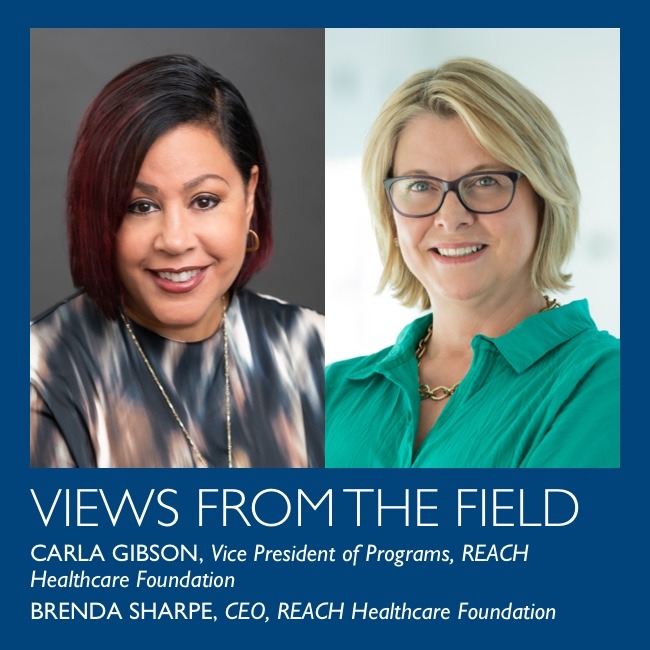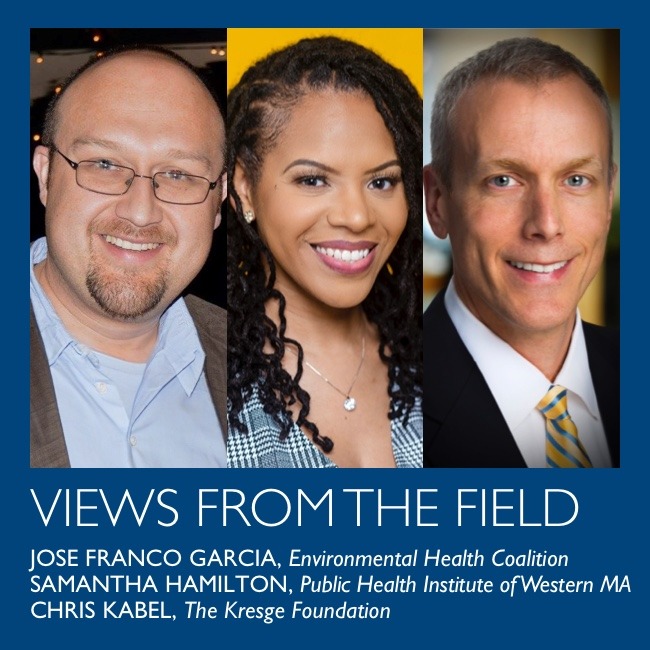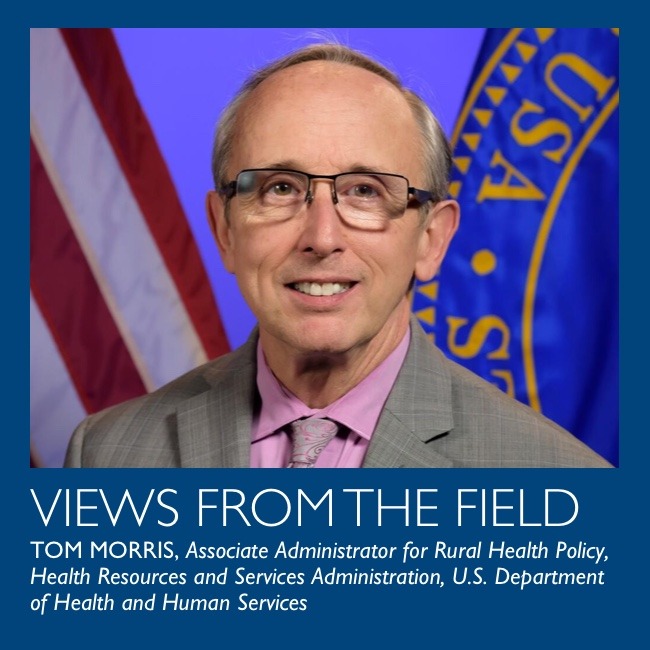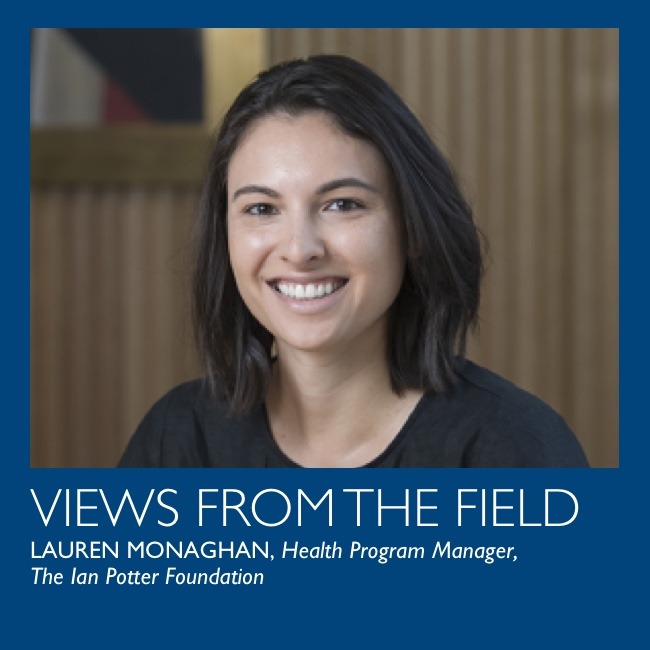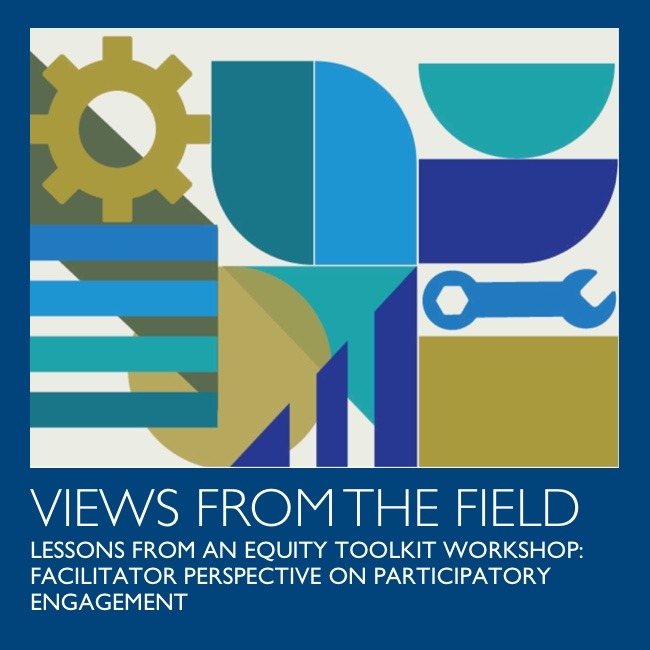Engaging Youth to Guide Research on Their Own Well-Being
In 2019, the Annie E. Casey Foundation’s Equity and Inclusion unit hosted a convening with young people from Black, Latinx, and American Indian/Alaska Native (AIAN) cultural affinity groups, along with adults who support the work and leadership of these youth and young adults. The young participants, many of whom were from the Aspen Institute’s Fresh Tracks program, expressed the need for young leaders to be the ones defining youth well-being and finding solutions that help their own communities support the well-being of young people.
A Compass of Indispensable Leadership Attributes to Guide Health Philanthropy
Trends in leadership are changing—just take the Terrance Keenan Institute as an example. When the program started in 2010, it focused on general leadership tactics with topics that ranged from leveraging resources and building partnerships to board dynamics. Since then, the Institute’s curriculum has moved towards a recognition that leaders possess individual strengths that can be embraced to make our organizations and the broader field of health philanthropy more effective.
Healing for Our Healers: Funding Transformational Staff Wellness
The Healing Trust has prioritized support beyond the programmatic check since the early years of our grantmaking in 2003. While the “how” of the funding has changed over time, the “why” has consistently been to support the healing of nonprofit staff. This isn’t tangential to making strategic community-based investments, rather it is the foundation on which meaningful change can emerge. When funders invest in the well-being of the staff of partner organizations, it creates a culture where all people’s needs are prioritized and compassionately met. The nonprofit network thrives when its leaders are well-rested. When staff are well taken care of, the clients benefit by means of an energized supporter who shows up with creativity, patience, compassion, and joy.
National Rural Health Day Provides an Opportunity for Philanthropy to Engage and Support Underserved Communities
For anyone with an interest in rural health, clear your calendar on November 16th and help celebrate National Rural Health Day, a day to celebrate and lift up the work of doctors, nurses, clinics, hospitals, and other stakeholders working in our rural communities.
Q&A: Bringing an Australian Perspective to American Health Philanthropy
Traveling thousands of miles from Melbourne to Minneapolis, Lauren Monaghan of The Ian Potter Foundation attended the 2023 GIH Annual Conference on Health Philanthropy to learn more about the American public health philanthropy sector at the country’s largest gathering of health funders.

